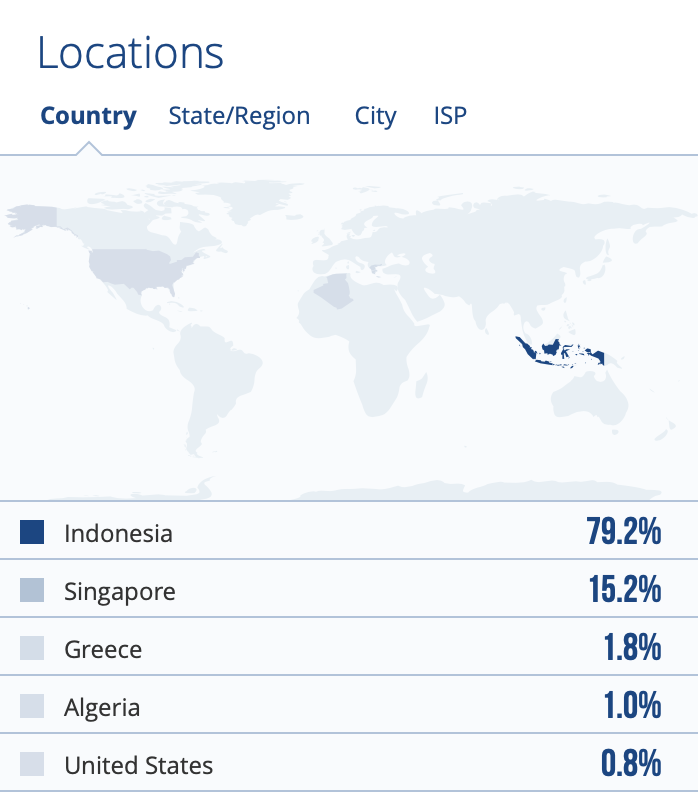CLASSROOM MANAGEMENT PRACTICE BETWEEN URBAN AND RURAL EFL TEACHERS
DOI:
https://doi.org/10.31980/eeal.v6i1.44Keywords:
Classroom Management, EFL Teacher, Urban High School, Rural High SchoolAbstract
This research investigated the implementation of Building Knowledge of the Field (BKOF) in teaching narrative text. The purpose to conduct the research is to examine how does an English teacher implement BKOF in teaching narrative text. While this research uses qualitative applying descriptive study. In the research process, data collection was obtained from observation, document analysis, and interview. Thh result shows that there are four stages to implement Building Knowledge of the Field in teaching narrative text, include: First, the teacher gives stimulus to students, the stimulus given by the teacher is by giving examples of narrative texts and using questions; Second, the teacher guides students to mark vocabulary and sentence patterns which are linguistic elements of narrative text; Third, the teacher asks the students to reconstruct the narrative text which has vocabulary and sentence pattern errors; Fourth, the teacher evaluates the results of students' answers with the students.
References
Alter, P., & Haydon, T. (2017). Characteristics of effective classroom rules: A review of the literature. Teacher Education and Special Education, 40(2), 114–127. https://doi.org/10.1177/0888406417700962
Back, L. T., Polk, E., Keys, C. B., & McMahon, S. D. (2016). Classroom management, school staff relations, school climate, and academic achievement: testing a model with urban high schools. Learning Environments Research, 19(3), 397–410. https://doi.org/10.1007/s10984-016-9213-x
Cohen, L., Manion, L., Lecturer, P., Morrison, K., & Lecturer, S. (2007). Research Methods in Education (Sixth Edit). Routledge.
Deaton, C. (2013). Teachers’ reflections on effectively managing their classroom: A discussion of how two experienced science teachers examined their classroom management practices. Reflective Practice, 14(2), 240–257. https://doi.org/10.1080/14623943.2012.749229
Gonzalez, A. (2004). social dimensions of Philippine English. World Englishes, 23, 7–16.
Kumar, I., SinghAR, & AktharS. (2004). Social development of children with mental retardation. Industrial Psychiatry Journal, 18(1), 59.
Lewis, R., Roache, J., & Romi, S. (2011). Coping styles as mediators of teachers’ classroom management techniques. Research in Education, 85(1), 53–68. https://doi.org/10.7227/RIE.85.5
Marzano, J. S., Pickering, D. J., & Marzano, R. J. (n.d.). Classroom Works.
Rademacher, J. A., Callahan, K., & Pederson-Seelye, V. A. (1998). How Do Your Classroom Rules Measure Up? Guidelines for Developing an Effective Rule Management Routine. Intervention in School and Clinic, 33(5), 284–289. https://doi.org/10.1177/105345129803300505
Downloads
Published
How to Cite
Issue
Section
License
Copyright (c) 2024 English Education and Applied Linguistics Journal (EEAL Journal)

This work is licensed under a Creative Commons Attribution-NonCommercial-ShareAlike 4.0 International License.






